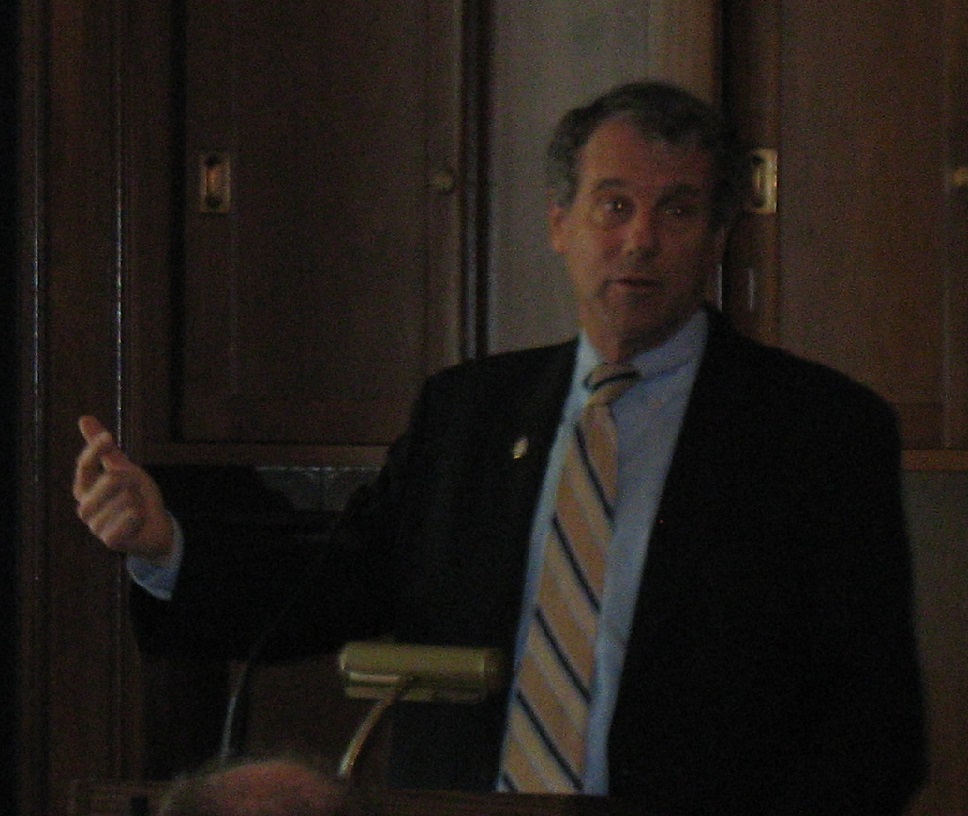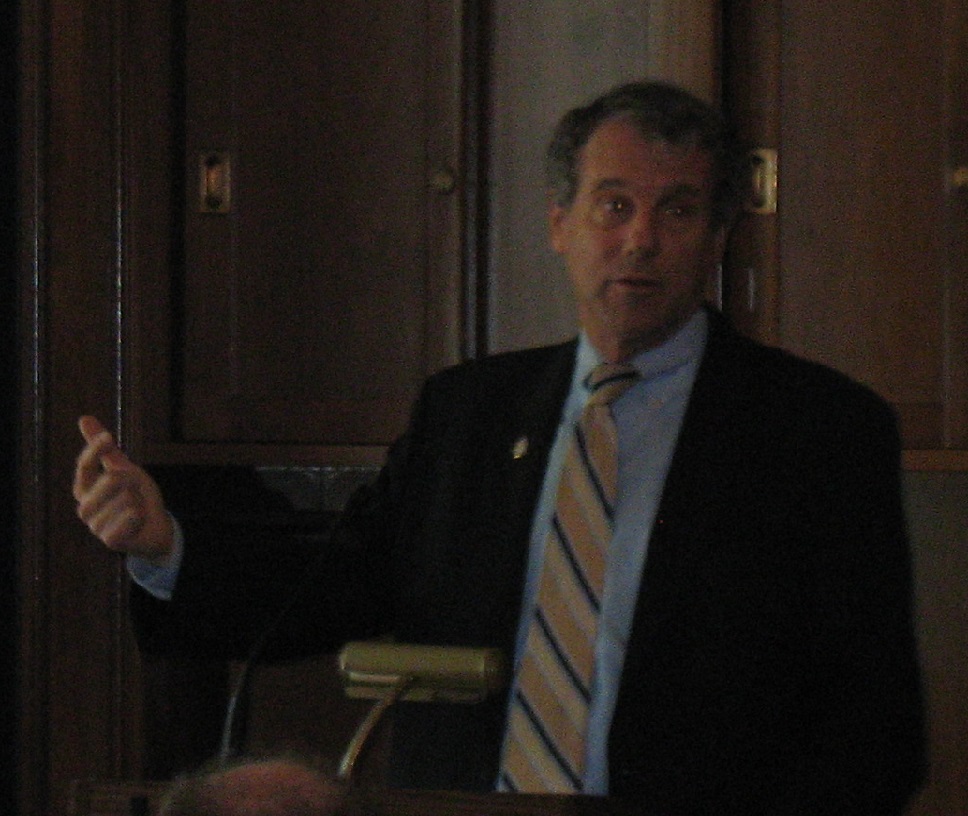Letter to Congress: AFR, 65 Organizations Urge Congress to Stand Against Discriminatory Auto Lending and Reject HR 1737
“On behalf of the undersigned organizations, we urge you to oppose H.R. 1737, the so-called “Reforming CFPB Indirect Auto Financing Guidance Act.” This legislation is simply an effort to stop the CFPB from enforcing laws against discrimination… H.R. 1737 hides its intent behind a smokescreen of claims about process and regulatory jurisdiction. However, the bill is really about the unfair and discriminatory impact of car dealer interest rate markups. The bill is a misguided attack on the CFPB’s enforcement of anti-discrimination laws.”



